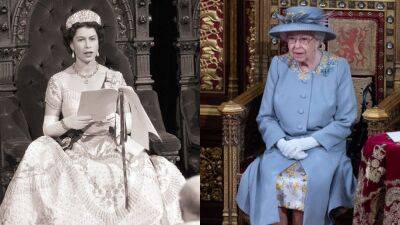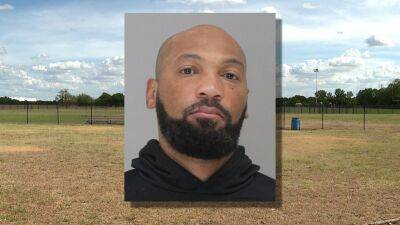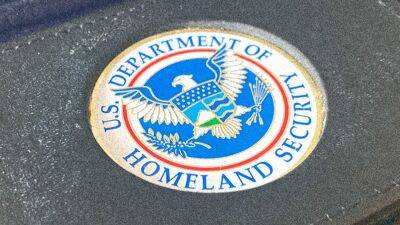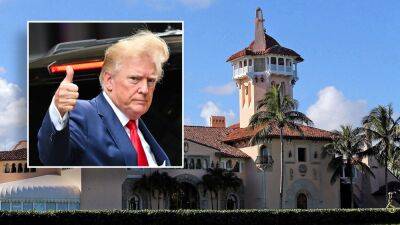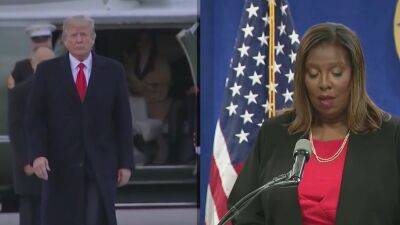Trump pleads the 5th. What does it mean? Here's you should know about the constitutional right he invoked
PHOENIX - On Aug. 10, it was reported that Former President Donald Trump declined to answer any questions while he was questioned under oath in the New York Attorney General's long-running civil investigation into his dealing as a real-estate mogul.In a statement released on his social media platform, Trump stated: "I declined to answer the questions under the rights and privileges afforded to every citizen under the United States Constitution."The questioning took place just days after FBI agents searched his Mar-a-Lago estate in Florida as part of an unrelated federal probe into whether he took classified records when he left the White House.Here's what you should know about the rights and privileges that Trump cited in his decision to not answer questions, as well as the investigation into Trump.According to Cornell Law School's Legal Information Institute, the 5th Amendment of the United States Constitution provides a number of rights that are relevant to both criminal and civil legal proceedings.No person shall be held to answer for a capital, or otherwise infamous crime, unless on a presentment or indictment of a grand jury, except in cases arising in the land or naval forces, or in the militia, when in actual service in time of war or public danger; nor shall any person be subject for the same offense to be twice put in jeopardy of life or limb; nor shall be compelled in any criminal case to be a witness against himself, nor be deprived of life, liberty, or property, without due process of law; nor shall private property be taken for public use, without just compensation.In an overview of the 5th Amendment published on Cornell Law's Legal Information Institute, it is stated legal scholars consider the 5th.
Read more on fox29.com
